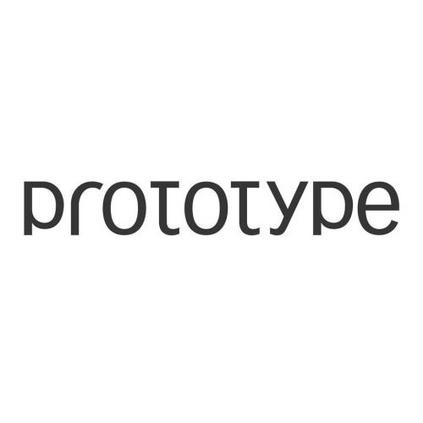Differentiable programming has recently received much interest as a paradigm that facilitates taking gradients of computer programs. While the corresponding flexible gradient-based optimization approaches so far have been used predominantly for deep learning or enriching the latter with modeling components, we want to demonstrate that they can also be useful for statistical modeling per se, e.g., for quick prototyping when classical maximum likelihood approaches are challenging or not feasible. In an application from a COVID-19 setting, we utilize differentiable programming to quickly build and optimize a flexible prediction model adapted to the data quality challenges at hand. Specifically, we develop a regression model, inspired by delay differential equations, that can bridge temporal gaps of observations in the central German registry of COVID-19 intensive care cases for predicting future demand. With this exemplary modeling challenge, we illustrate how differentiable programming can enable simple gradient-based optimization of the model by automatic differentiation. This allowed us to quickly prototype a model under time pressure that outperforms simpler benchmark models. We thus exemplify the potential of differentiable programming also outside deep learning applications, to provide more options for flexible applied statistical modeling.
翻译:最近,作为便利采用计算机程序梯度的范例,不同的编程最近受到极大关注。虽然迄今为止,相应的弹性梯度优化办法主要用于深层学习或用模型组件丰富后者,但我们想表明,这些办法对于统计建模本身也是有益的,例如,在传统的最大可能性办法具有挑战性或不可行的情况下,用于快速原型。在COVID-19设置的应用中,我们利用不同的编程迅速建立和优化适应数据质量挑战的灵活预测模型。具体地说,我们开发了一个受延迟差异方程式启发的回归模型,可以弥补德国COVID-19强化护理案例中央登记处观测时间上的空白,从而预测未来需求。我们通过这一示范性示范挑战,我们说明不同的编程如何能通过自动区分使模型能够简单基于梯度优化。这使我们能够在时间压力下迅速将一个模型原型设计出一个超越简单基准模型的模型。我们由此展示了在深层学习应用之外的不同编程的潜力,以便为灵活应用统计建模提供更多选项。



